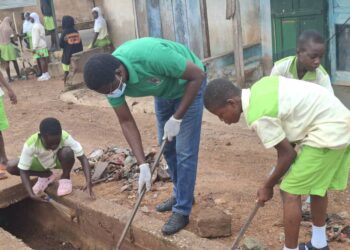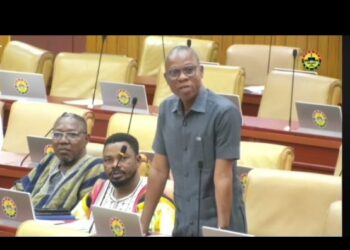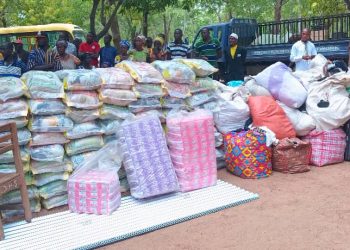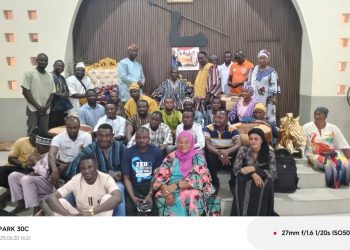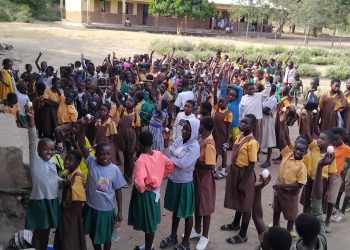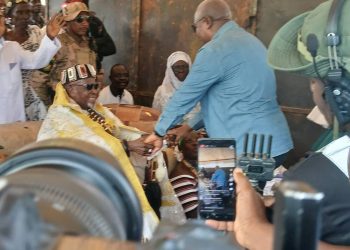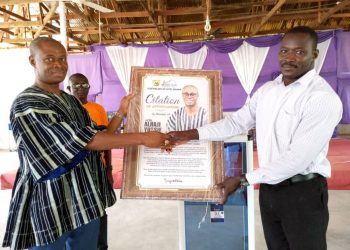
A project officer with the West Africa Centre for Counter-Extremism (WACCE), Dr. Sadick Adu- Twum has asked all Ghanaians especially the youth to be in league in striving to ensure that the peace that the nation has enjoyed over the years remains intact, unscathed and unhurt before, during and after the elections.
He maintains that peace is the most import ingredient needed to facilitate any development agenda of the nation and hence it is important that Ghana be in one accord to ensure that the peace that we have is not hurt.
Dr Sadick, corroborating his claim, said this when WACCE held a two- day capacity building workshop at Bole on the theme; combating misinformation and hate speech for peaceful elections in 2024.
Participants included the media, political party communicators and serial caller’s.
He said no individual must allow him or herself to be used by any politician to satisfy his or her personal aggrandizement.
Stating that today hate speech is what has become the order of the day in both the print and the electronic media with politicians leading the crusade for violence in the country.
It is important that we allow the state institutions to work without creating any form of inhibitions in the form of political influence on them.
He said Ghana must learn from its neighbouring countries how political unrest has raided and thwarted it development agenda and strive to ensure that it does not find itself in a similar fashion.
Dr Sadick cautioned the government not to interfere with the state security agencies but rather equip them for them to give off their best and also asked the opposition parties to be responsible for the kind of statement they make ensuring that they do not fuel any tribal conflicts which has the potential to plunge the nation into chaos.
Mr Murtala Issah, another facilitator at the Workshop urged the media to maintain public trust in their reportage by fact-checking their information to ensure credibility, accuracy and reliability, to combat fake news, which is a threat to democracy.
The situation where many a journalist do not do fact-checking has resulted in disinformation and misinformation (or fake news), something that has led to waning public confidence in the media.
Mr. Murtala said 2024 was a major election year and the accuracy of media reportage on the process would go a long way to strengthening the democratic credentials Ghana had chalked in the Sub-region.
“The media must be trusted to do the necessary fact-checking to enhance credibility, accuracy and reliability of the information they churn out as the Ghanaian populace places premium on them for information to make informed choices,” he said.
He said the upsurge in information disorder, through disinformation and misinformation, posed a damaging challenge for public policymaking, responsible journalism, and communal harmony in most communities, therefore the need for the media to get out of their comfort zones to verify information for truthfulness to ensure national unity, cohesion and holistic development.
Misinformation is where false information is shared without necessarily intending to cause harm, which occurs when media people drop their ethical and professional guards when reporting, whereas disinformation is where false information is knowingly shared to cause harm.
Participants were enthused with the outcome of the workshop and thus pledged to be campaigners against hate speech, misinformation and disinformation to ensure Ghana witness yet another democratic process in 2024 in a peaceful manner.
Source: yagbonradioonline

